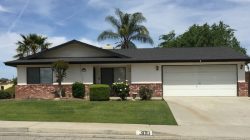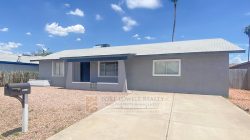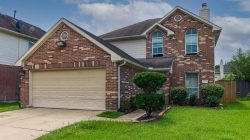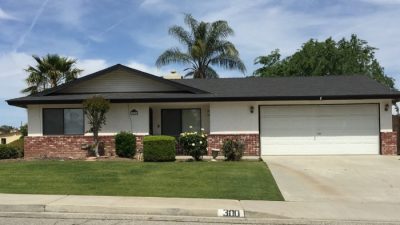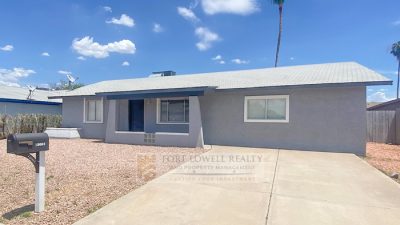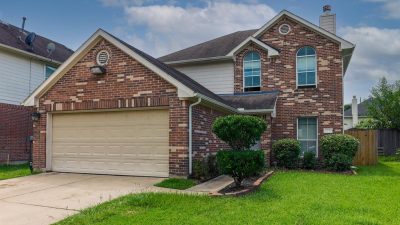Toronto House Rental Market
House for rent by owner toronto – The Toronto rental market, particularly for houses, is highly competitive. Understanding the current landscape, navigating the process of finding a house for rent by owner, and knowing your legal rights are crucial for prospective tenants. This guide provides a comprehensive overview to help you in your search.
Toronto Rental Market Overview
The Toronto housing rental market is characterized by high demand and limited supply, leading to competitive rental rates. House rentals, in particular, tend to be more expensive than apartments, reflecting the larger living space and often included amenities. Rental prices vary significantly depending on location, size, and features.
| Neighborhood | Average Rent (CAD) | Typical House Size (sq ft) | Amenities |
|---|---|---|---|
| Midtown | $4,500 – $7,000 | 1,500 – 2,500 | Private Driveway, Backyard, Finished Basement |
| Etobicoke | $4,000 – $6,000 | 1,800 – 3,000 | Garage, Large Lot, Close to Parks |
| Scarborough | $3,500 – $5,500 | 1,600 – 2,800 | Family-friendly neighborhood, good schools |
| North York | $4,200 – $6,500 | 1,700 – 2,700 | Proximity to subway, shopping centers |
Note: These are average ranges and actual rental prices can vary considerably based on specific property features and market conditions.
Finding Houses for Rent by Owner, House for rent by owner toronto
Renting directly from a homeowner offers potential advantages and disadvantages. While it might lead to more flexible terms or a more personal experience, it also means taking on more responsibility for maintenance and repairs compared to renting from a property management company. Several online platforms and resources facilitate this process.
- Kijiji
- Facebook Marketplace
- Craigslist (use caution and verify information)
- Local community bulletin boards
Tips for effective searching include using precise search terms, setting up email alerts, and regularly checking listings.
- Identify potential properties.
- Review property listings carefully.
- Contact the homeowner via email or phone, expressing interest and requesting a viewing.
- Arrange a viewing at a mutually convenient time.
- Ask clarifying questions about the property and rental terms.
Rental Agreements and Legal Considerations
A comprehensive rental agreement is essential to protect both the landlord and tenant. Ontario’s Residential Tenancies Act Artikels the rights and responsibilities of both parties. Standard lease agreements typically include clauses regarding rent amount, payment schedule, lease term, permitted use of the property, and responsibilities for repairs and maintenance.
Different types of rental agreements exist, including fixed-term and month-to-month leases. A fixed-term lease has a predetermined end date, while a month-to-month lease can be terminated with proper notice.
Neighbourhood Comparisons
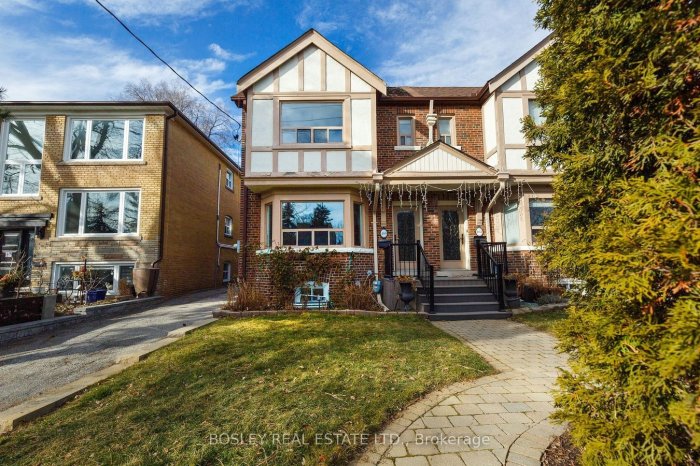
Source: rentals.ca
Three distinct Toronto neighbourhoods offer diverse living experiences:
- Midtown:
- High rental costs
- Excellent access to amenities and public transportation
- Vibrant and diverse community
- Etobicoke:
- More affordable than Midtown
- Quieter residential areas
- Good access to parks and green spaces
- Scarborough:
- Generally more affordable than Midtown and Etobicoke
- Larger houses and lots are often available
- Public transportation can be less convenient in some areas
House Features and Amenities
Common features in Toronto houses for rent include:
- Multiple bedrooms and bathrooms
- Kitchens with modern appliances
- Finished basements or attics
- Private driveways or garages
- Backyards or patios
Desirable features impacting rental prices include updated kitchens and bathrooms, hardwood floors, and energy-efficient appliances. A thorough property inspection is crucial, checking for structural issues, plumbing, electrical systems, and appliance functionality. A checklist should include:
- Roof condition
- Foundation and walls
- Windows and doors
- Plumbing fixtures
- Electrical outlets and switches
Financial Considerations
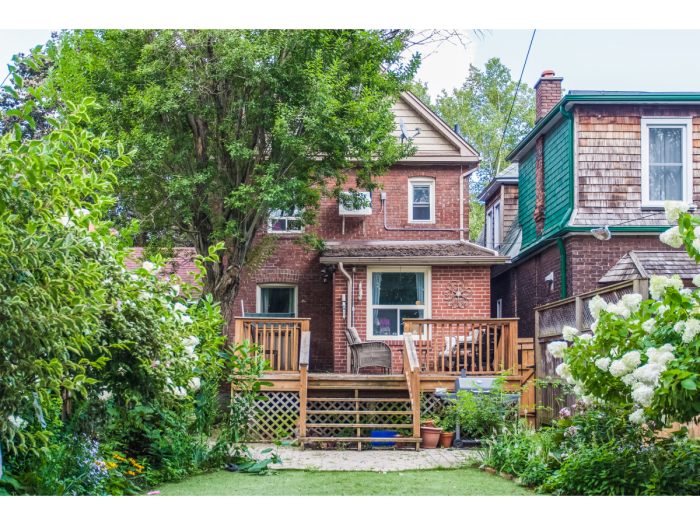
Source: rentboard.ca
Renting a house in Toronto involves various costs beyond rent, including utilities (hydro, gas, water), internet, property taxes (if applicable), and potential renter’s insurance. Applying for a rental property typically requires proof of income (pay stubs, employment letter), credit check, and references. Securing a rental usually involves paying a security deposit (typically one month’s rent) and the first month’s rent.
Total Monthly Cost = Rent + Utilities + Insurance + Other Fees
For example, if rent is $5000, utilities are $500, insurance is $50, and other fees are $100, the total monthly cost would be $5650.
Communicating with Homeowners
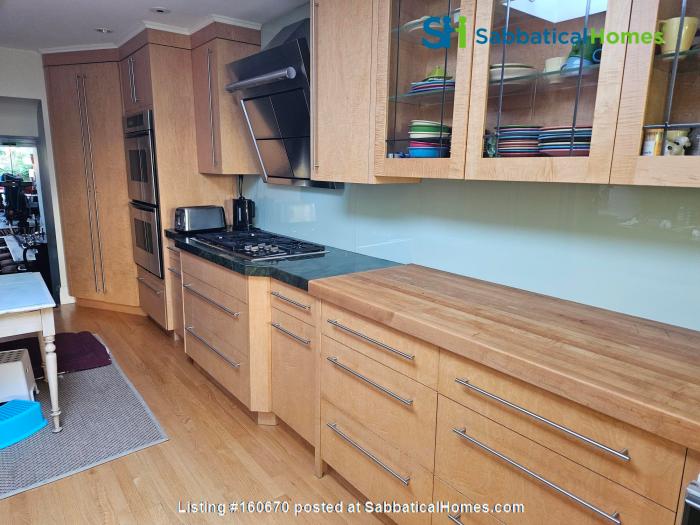
Source: cloudfront.net
Effective communication is key to a smooth rental process. Professional and respectful communication should be maintained throughout. This includes prompt responses to inquiries, clear and concise communication of your needs and expectations, and respectful negotiation of terms.
Sample email templates can be adapted for different situations. Remember to be polite, professional, and specific in your requests.
Detailed FAQs: House For Rent By Owner Toronto
What are the typical closing costs when renting a house in Toronto?
Closing costs usually include the first and last month’s rent, plus a security deposit (often equal to one month’s rent). You may also encounter key deposit and/or administration fees.
How long is a typical lease agreement in Toronto?
Lease terms vary, but one year is common. Shorter-term leases are sometimes available, but may come with a higher monthly rent.
What if I need to break my lease early?
Breaking a lease early usually incurs penalties, as specified in your rental agreement. You should carefully review these clauses before signing.
Where can I find information on tenant rights in Ontario?
The Landlord and Tenant Board of Ontario website (LTBO) is an excellent resource for information on tenant rights and responsibilities.


